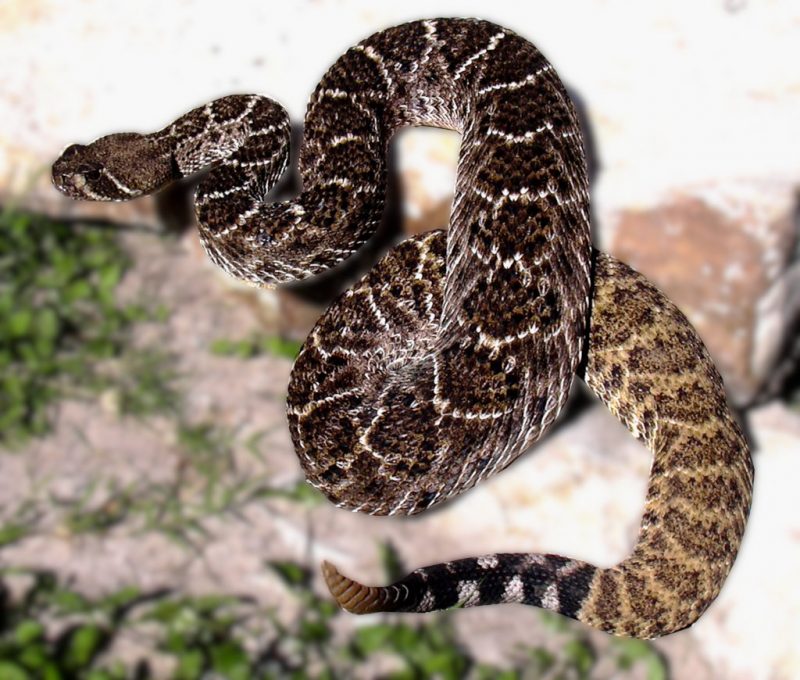Rattlesnake Awareness
As Search&Rescue first responders, we are “out there” – a lot. That’s what we do. We are spending many, many hours in our beautiful deserts, mountains and wilderness areas. Not only on missions, but also during trainings or, well, just for fun.
But we are never alone. There are many animals living in those areas. Some of them can be dangerous.
Let’s talk about rattlers.
They are usually not aggressive, they don’t always rattle and they are not picking a fight. But they will defend themselves if they feel threatened. We encountered a rattlesnake in the desert and I remember hearing it. But for me it sounded more like a cricket. And while I was wondering about a cricket being active in the bright daylight, a team mate shouted “SNAKE!” – and well, there it was. I passed by it within a foot or so. It sat, curled up, just beside the trail under some brush.
Here are the golden rules:
- Stay on the trail. This allows you to spot rattlers much easier.
- Do not let your kids or pets run around – especially not in areas with lots of vegetation.
- Watch where you are going. Scan the area around you.
- Do not listen to music or allow yourself to be distracted. You may miss a rattler’s warning.
- Avoid hiking alone. You may need someone to help you if you run into trouble.
We can’t always follow those rules – especially when we are on Search & Rescue missions. That’s why we protect our legs with snake proof gaiters – at the minimum for the searcher running point. You know: Better safe then sorry.

But accidents happen. Maybe you didn’t pay attention and stepped on a rattler. Maybe you relaxed on a rock and tried to reach for your water bottle without looking.
What are you supposed to do when you are bitten by a rattlesnake?
The good news: You are most likely not going to die. It has been estimated that 7,000–8,000 people per year receive venomous snake bites in the United States, and about five of those people die. So relax. Everything is going to be OK.
No – seriously. Relax. Don’t do anything that raises your blood pressure or heart rate. Don’t suck on the wound, don’t use a tourniquet, don’t cut the wound open, don’t elevate the bitten leg or arm. Don’t try to catch the snake, don’t kill the snake. Just don’t do anything. Have somebody call 911 and follow their guidance.
What if you don’t have cell phone coverage? Have your partner hike out to a point where he/she is able to place a call. While it is important that you get medical care fast, do not exert yourself by hiking out if you can avoid it. It is better to wait an hour or two for an ambulance, ATV or helicopter to show up.
So – there you have it. Just pay a little attention and enjoy nature with all of our animal neighbors. They live there.
We are only visiting.